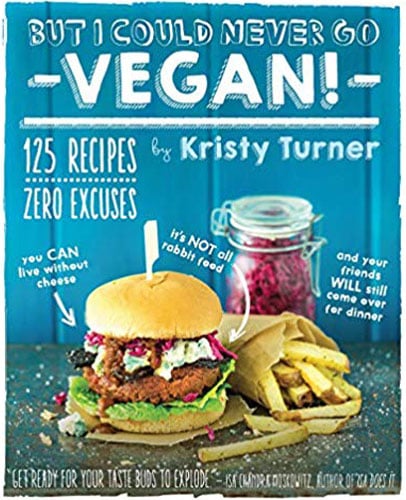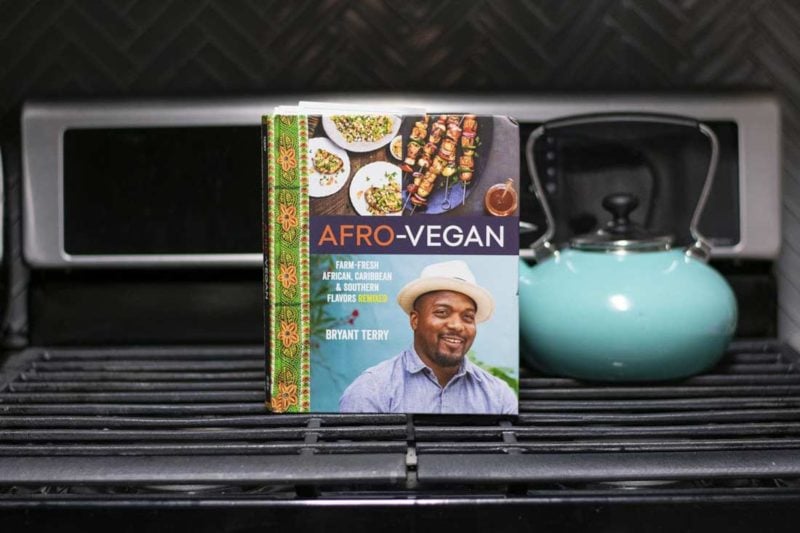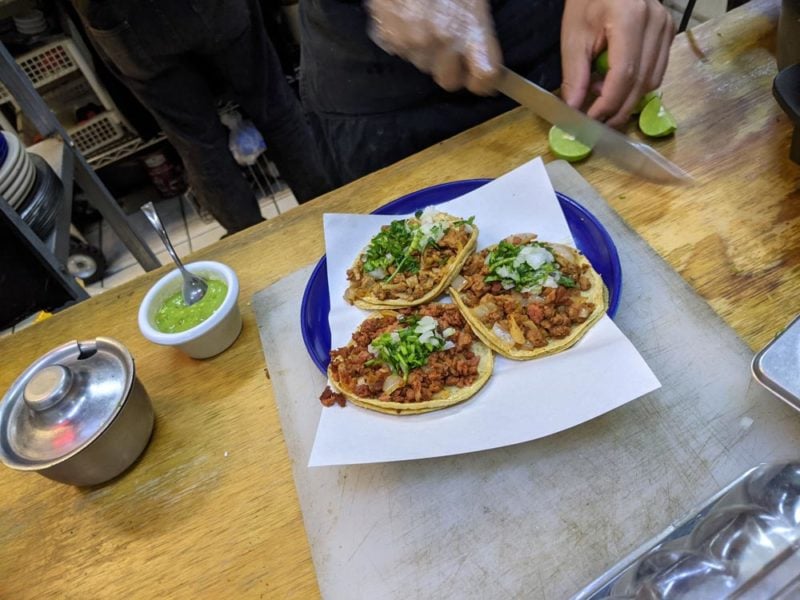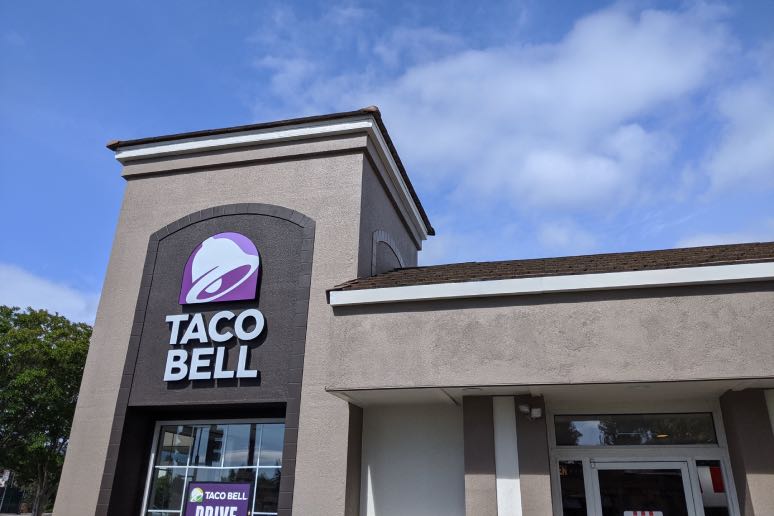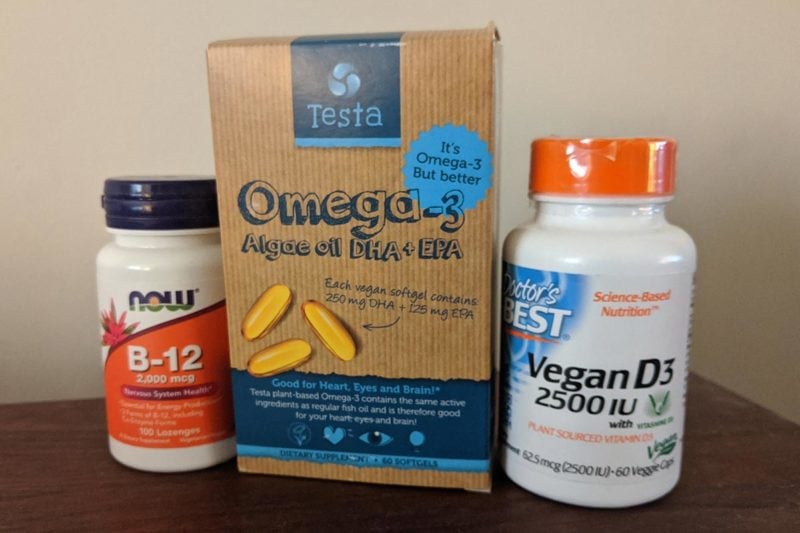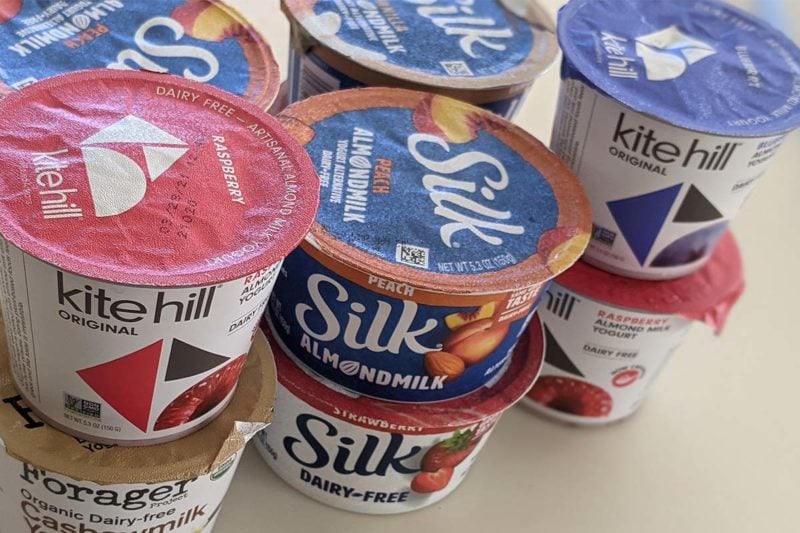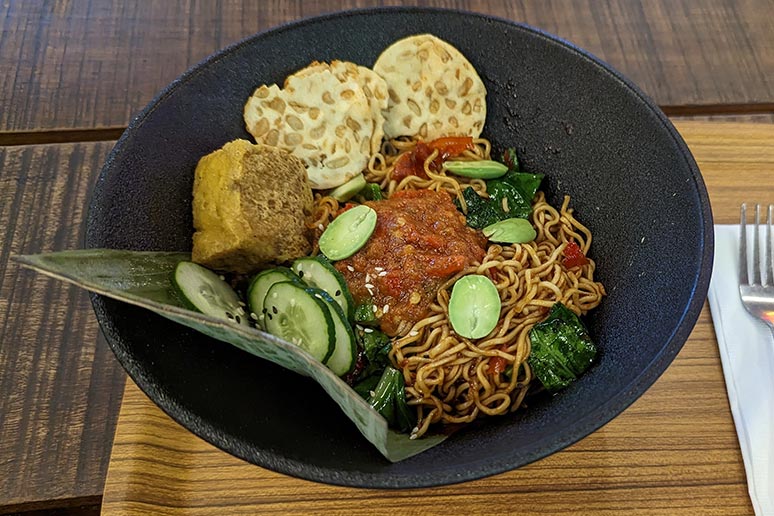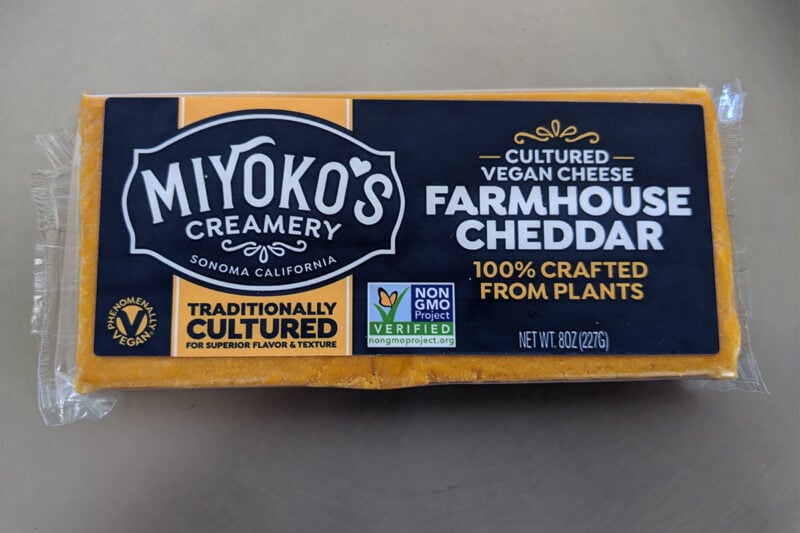The “vegan police” is an amusing term that points to a serious problem. Specifically, a vocal minority of vegans advance an unreasonably strict definition of veganism. Often, they use rhetoric that drives people away from considering a vegan lifestyle.
Meet the Vegan Police
If you care about animal cruelty, you can focus on the big problem or the minuscule problem. The big problem, of course, is that slaughterhouses kill upwards of 50 billion animals each year (nearly 9 billion animals in the United States alone.) The minuscule problem is that there are some near-vegans who insist on calling themselves vegan. The Vegan Police pour their limited energies into deciding who does and who does not deserve to be considered vegan.
If you want to get nit-picky (and the Vegan Police love to pick nits) nobody is truly vegan. Did you ever drive in a car? Animal products were surely used in its production. Do you wear contact lenses? At some point, they were tested on animals. When you walk down the street, are you using a Jain-style broom to brush any errant insects out of your path? You get the point.
So it all becomes a matter of drawing the line, and the Vegan Police invariably draw that line just south of wherever they’re at, in order to exclude as many people as possible. All of this invariably degenerates into a veganer-than-thou circle jerk, and an effort to make the vegan sainthood club as tiny and exclusionary as possible.
You May be Their Next Arrest
As it turns out, maybe the toughest part of being vegan is that you’ll invariably encounter the Vegan Police, who will write you up for one vegan violation or another. But pragmatism is the best revenge. Rather than embark on the pursuit of perfection, there’s an alternative. Why not focus your energies on creating change? In an imperfect world, why not do your best to favorably impact as many animals as possible? Why not focus relentlessly on the bottom line, and make the entire point of your diet and advocacy be about inspiring the greatest possible change?
One way of doing this is to abandon perfectionism and to strive to maximize the number of animals your efforts protect. If you really want to demonstrate your passion for animals, the most powerful thing you can do is generate massive results. It’s entirely possible for one dedicated activist, over a lifetime, to keep more than a million animals out of slaughterhouses.
To reach a lofty goal like this, it’s wise to read books by results-oriented animals advocates. Some of the best include Ethics Into Action, The Accidental Activist, and my own book Meat Market. Nick Cooney’s Change of Heart is like a graduate-level textbook for people who want to reach the highest levels of effectiveness when doing advocacy on behalf of animals.
Harmful to the Cause
It’s apparent that the Vegan Police are generally annoying and narcissistic. But are they actually harmful to the best interests of animals? I think the answer is an emphatic yes. Let me offer a few examples why.
Oftentimes, the vegan concept manages to influence people who have ruled out embracing going vegan full-time. For instance, tens of thousands of people have bought Mark Bittman’s book VB6 (Vegan Before 6).
Let’s say someone read Bittman’s book and decided that from now on, they’d eat no animal products until dinner. For most people, that one decision will cut their intake of animal products at least in half. But rather than encourage this step, the Vegan Police would likely respond with something singularly unhelpful. One of their favorite lines is, “You can’t call yourself a vegan if you eat animal products.”
Ditto for someone going vegan on Meatless Mondays, or for someone giving veganism a 21-day test drive. Instead of praise and encouragement they’d hear, “don’t call yourself a vegan.” What’s especially maddening here is that in all of these examples, nobody’s claiming to have gone vegan full-time and forever. But rather than offer praise and encouragement, the Vegan Police often belittle people who are heading in the right direction. And these are exactly the people receptive to the vegan message, and who would respond favorably to kindness and encouragement.
So while Vegan Police push for a tiny identity cult, what we really need to build instead is an inclusive worldwide inclusive movement that will put an end to factory farming and large-scale animal agribusiness.
In the end, the Vegan Police unwittingly inhibit the spread of veganism. Happily, they are more than offset by the growing legion of animal millionaires—results-oriented activists who strive to keep huge numbers of animals from harm.



